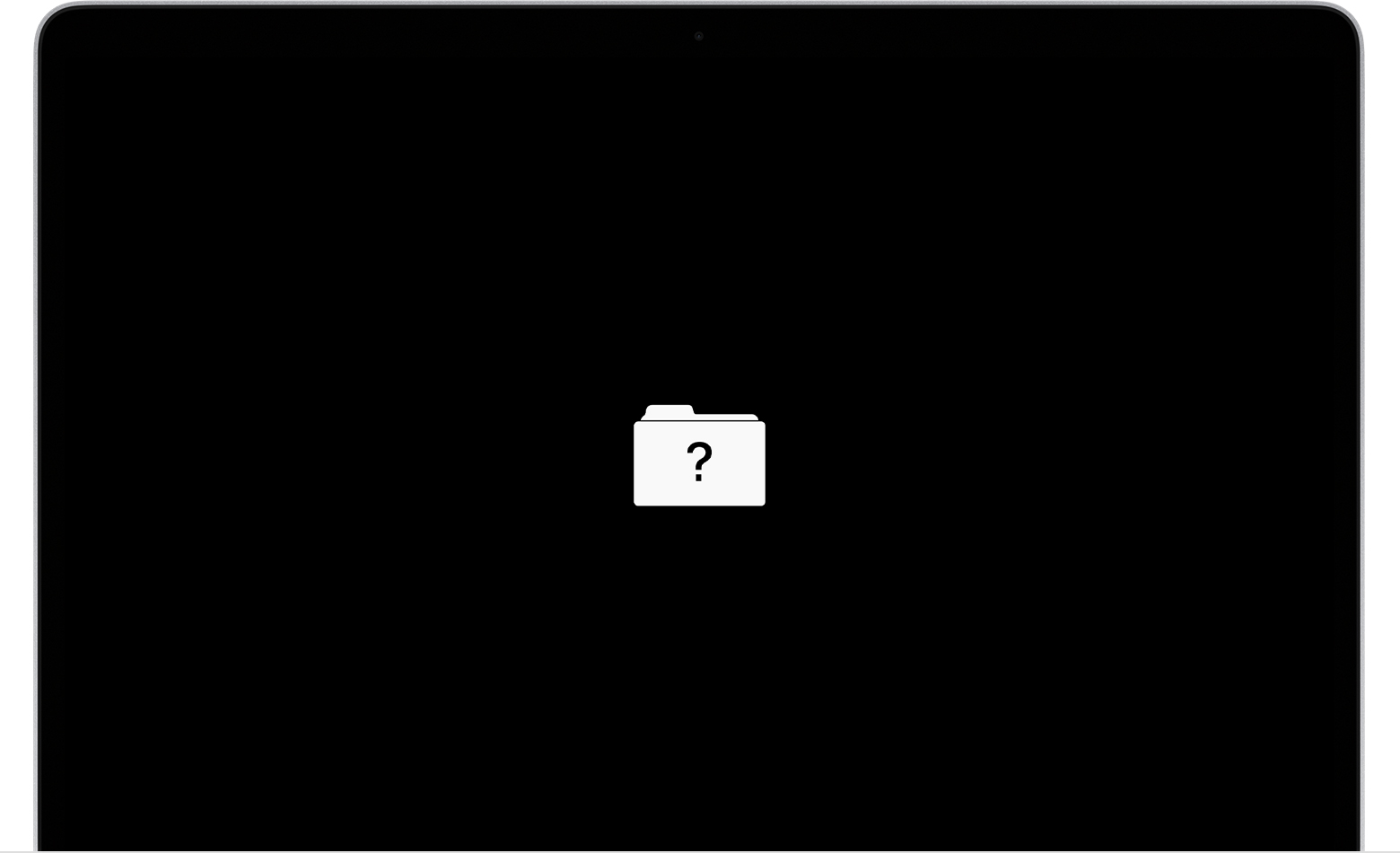10.15 Catalina....bricked my Mid 2014 13" Macbook Pro? Blinking file icon
On 10/07/2019 I saw the update for 10.15 pop up in system preferences, and downloaded and attempted to install it. I clicked install once it downloaded and then walked away. Like I normally do.
When I return to my Mac, it is sitting there with the blinking file icon. here
WHAT I HAVE TRIED:
reset SMC
reset PRAM
Disconnected battery, held power button for 5 seconds (same as SMC reset I think)
(⌘)-R
(⌘)-R-option
(⌘)-R-option-shift
Removed SSD and tried to boot into internet recovery without it (done on the same machine in the past)
I also tried any and all other key combos I could find, but it seems it just does not want to boot into anything at all. I have a 10.14.5 bootable disk and time machine back ups, but cannot seem to get the machine to a point where I can use them.
The computer was perfectly fine before I pressed install, never had any issues with this machine. Any ideas? To me it seems the Catalina upgrade corrupted the firmware on my logic board. Did the Catalina update brick my logic board?
I also had a call with Apple phone support. They were not able to help me. They suggested it was hardware related and had nothing to do with the software. I disagree. Another user seems to have the exact same issue, linked below on apples website. If you have this issue it is not a hardware failure coincidentally at the time of the Catalina install! There are others with this issue. It is the 10.15 software that has caused this problem!

